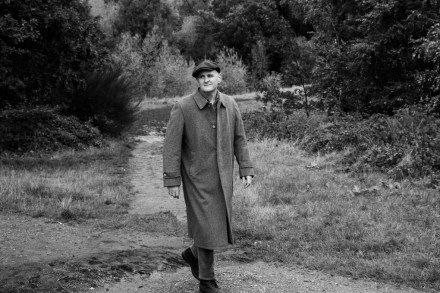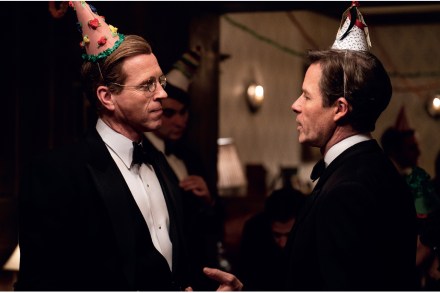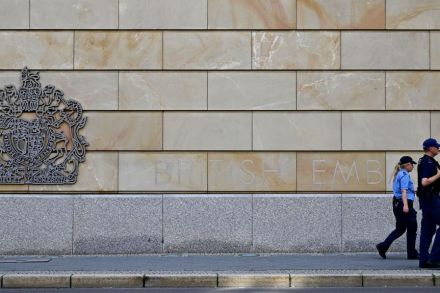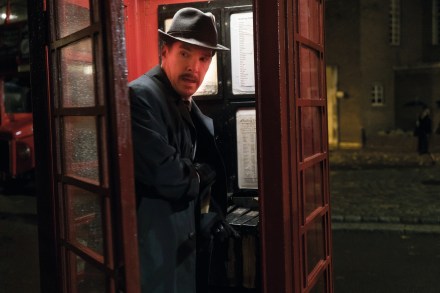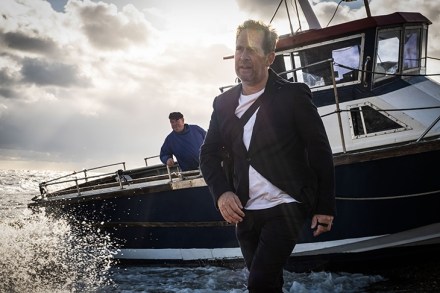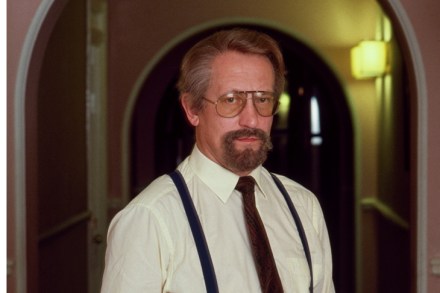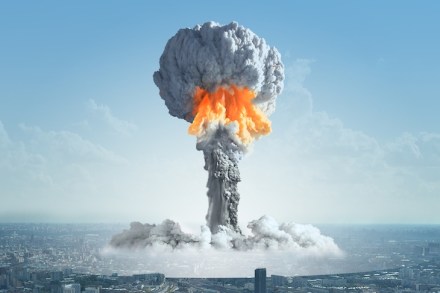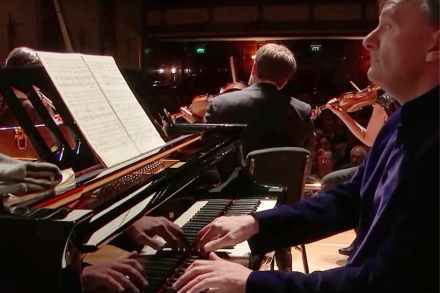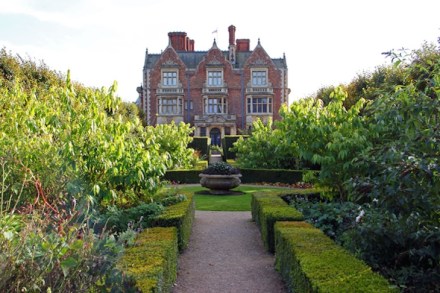Was Zbigniew Brzezinski a Cold War prophet?
30 min listen
Polish émigré Zbigniew Brzezinski – known as ‘Zbig’ – rose to prominence in America during the Cold War as a key intellectual architect of US foreign policy. He was National Security Advisor to President Carter and was a trusted advisor to many US presidents from John F Kennedy onwards. Yet, despite helping to shape American foreign policy during critical moments, he is not as well-known or celebrated as his lifelong rival Henry Kissinger. The Financial Times’ chief US columnist Edward Luce joins Freddy Gray on this episode of Americano to talk about his new book Zbig: The Life of Zbigniew Brzezinski, America’s Cold War Prophet. The book aims to bridge the


